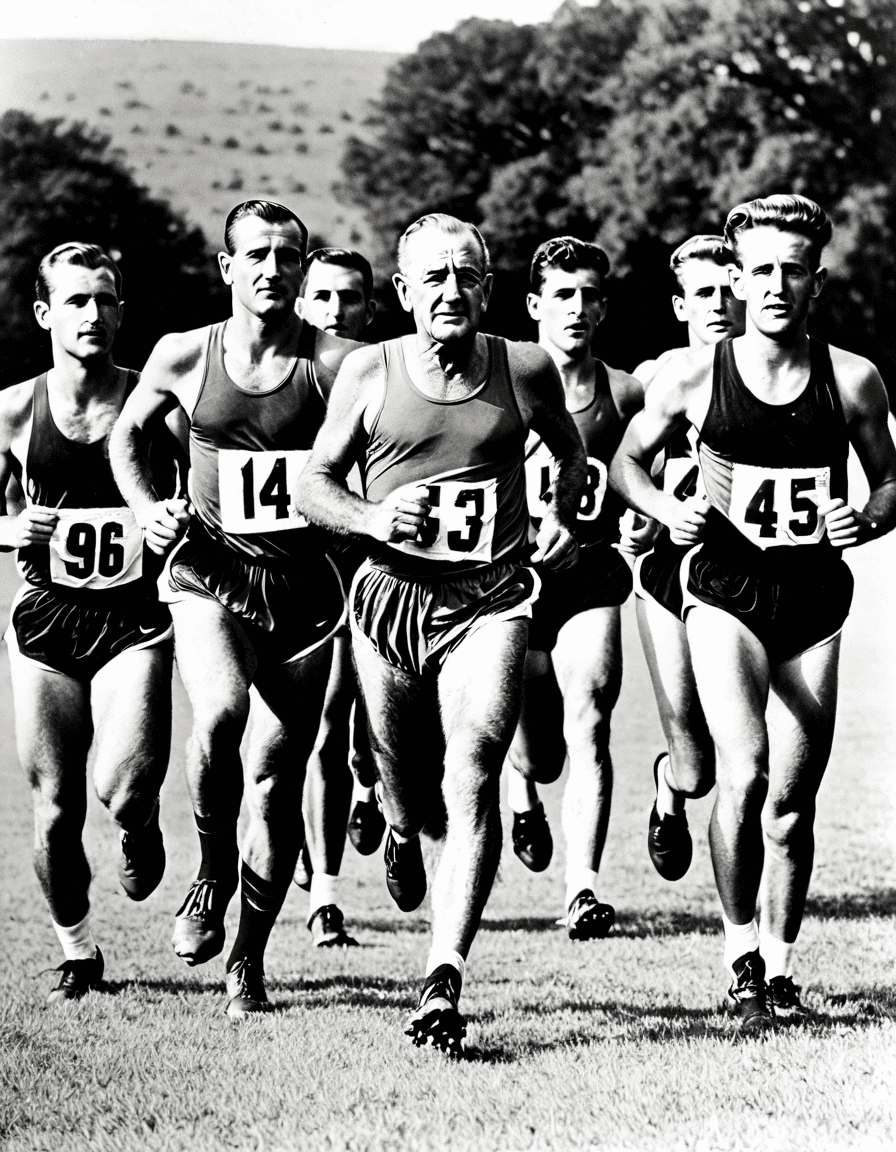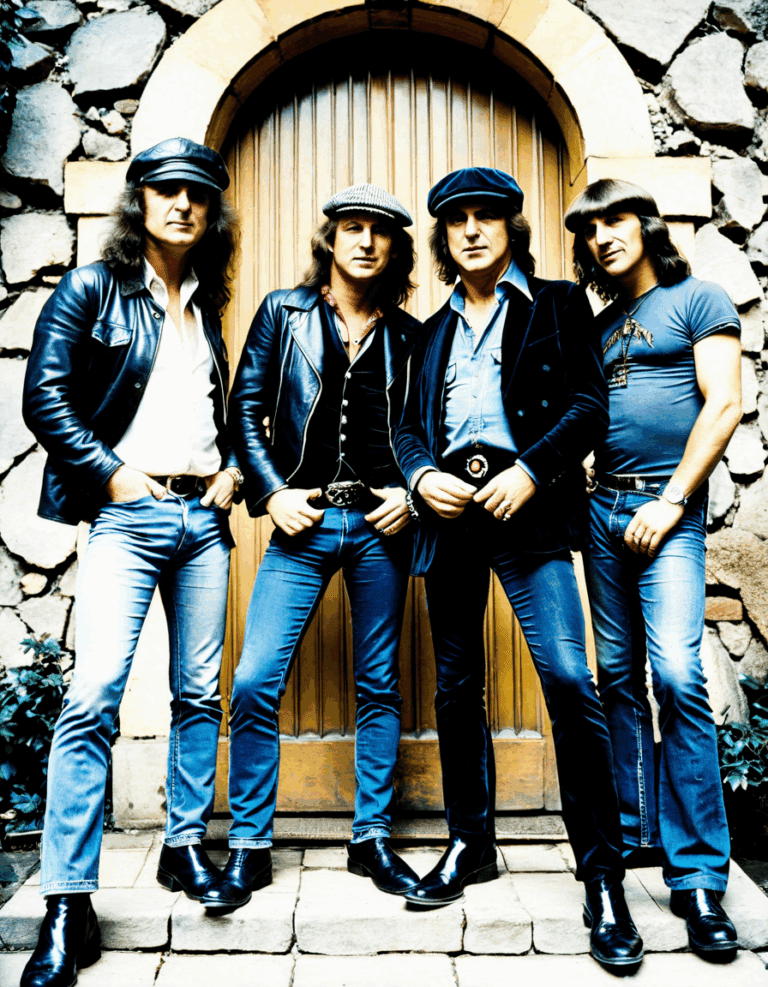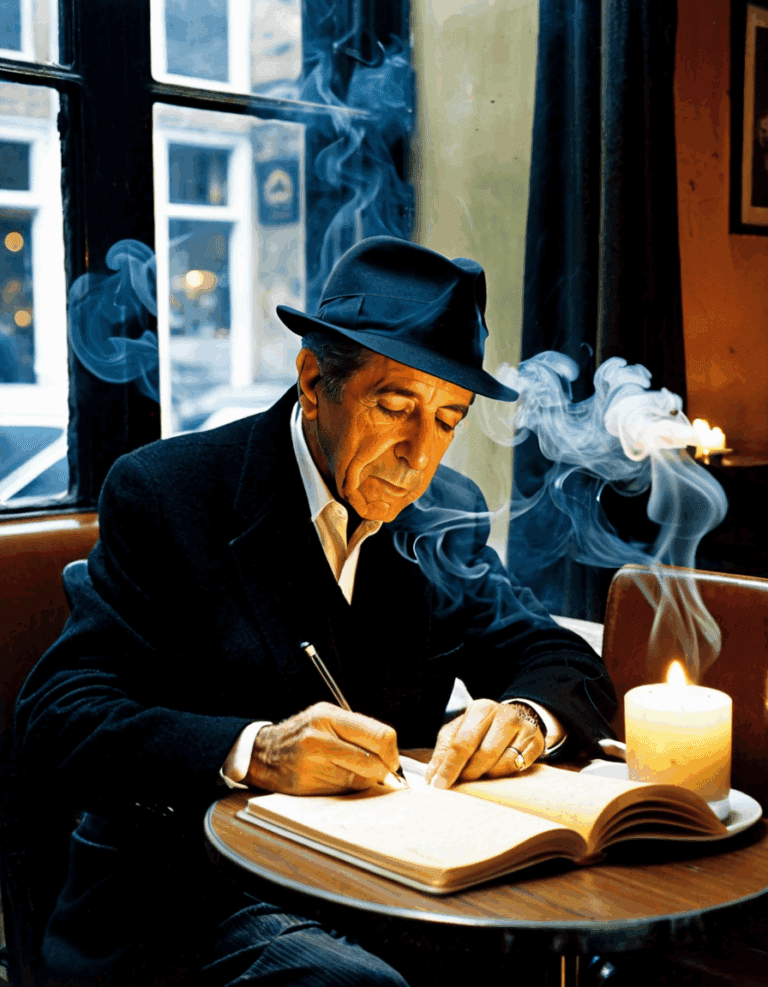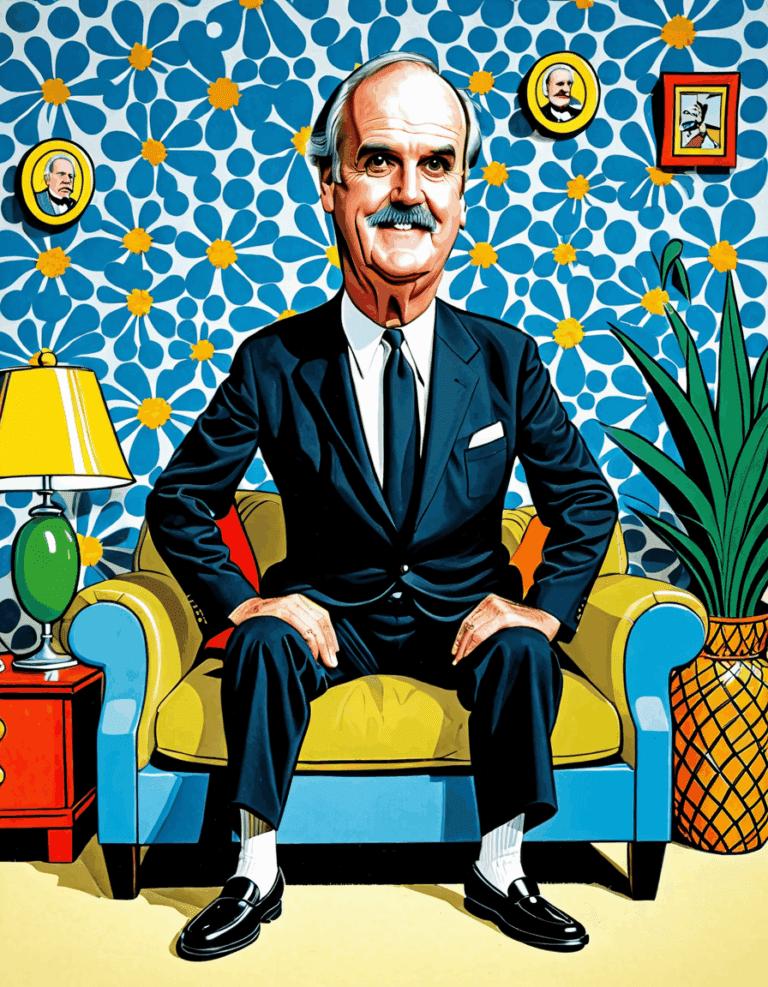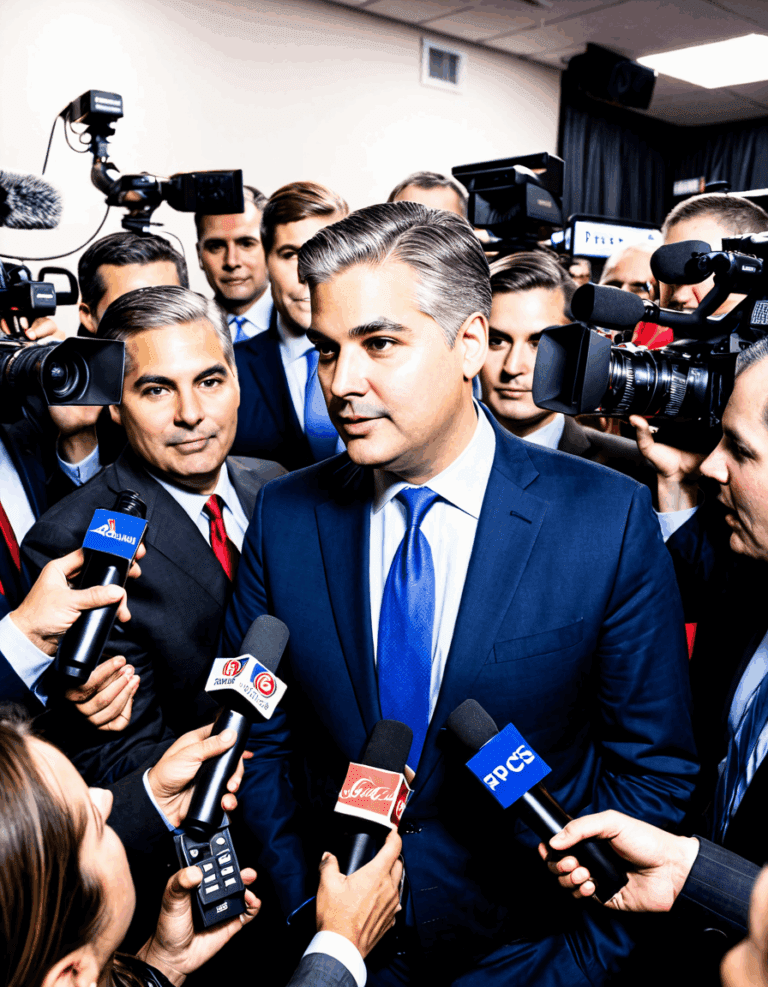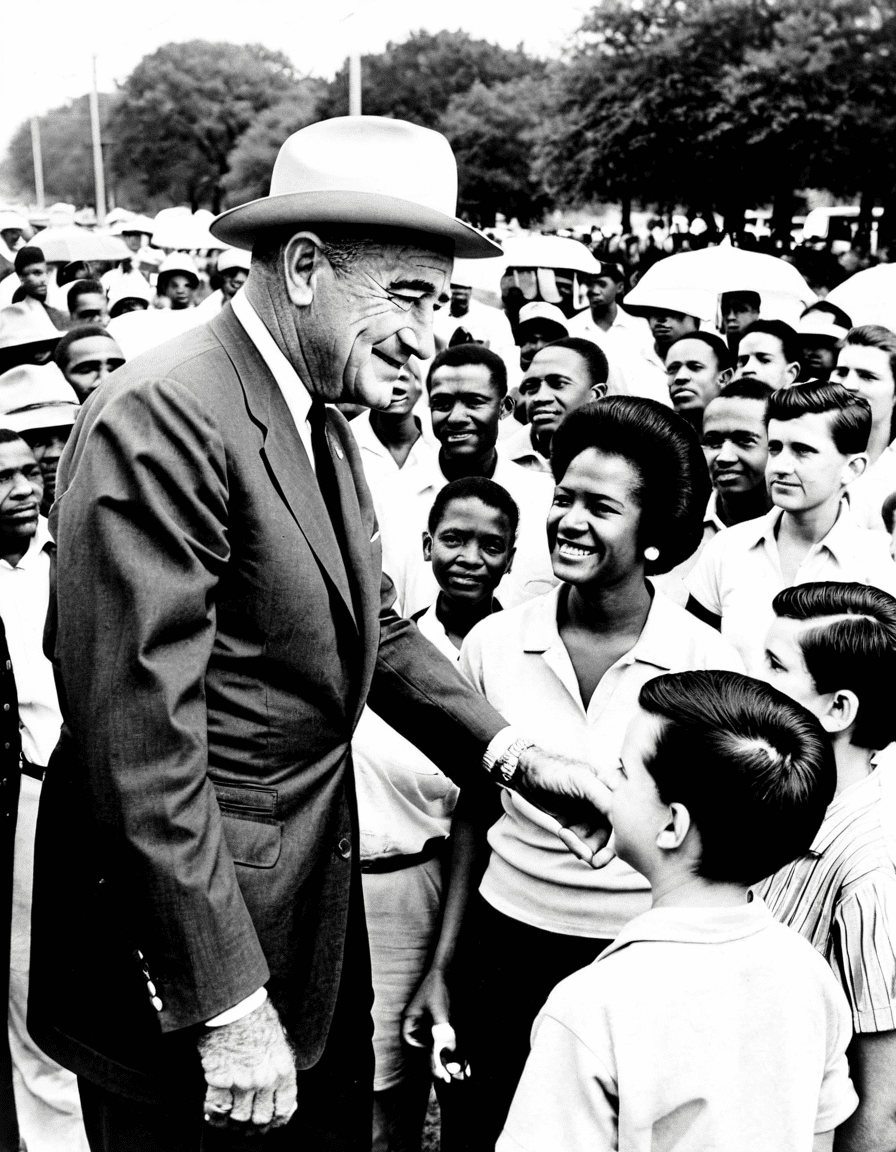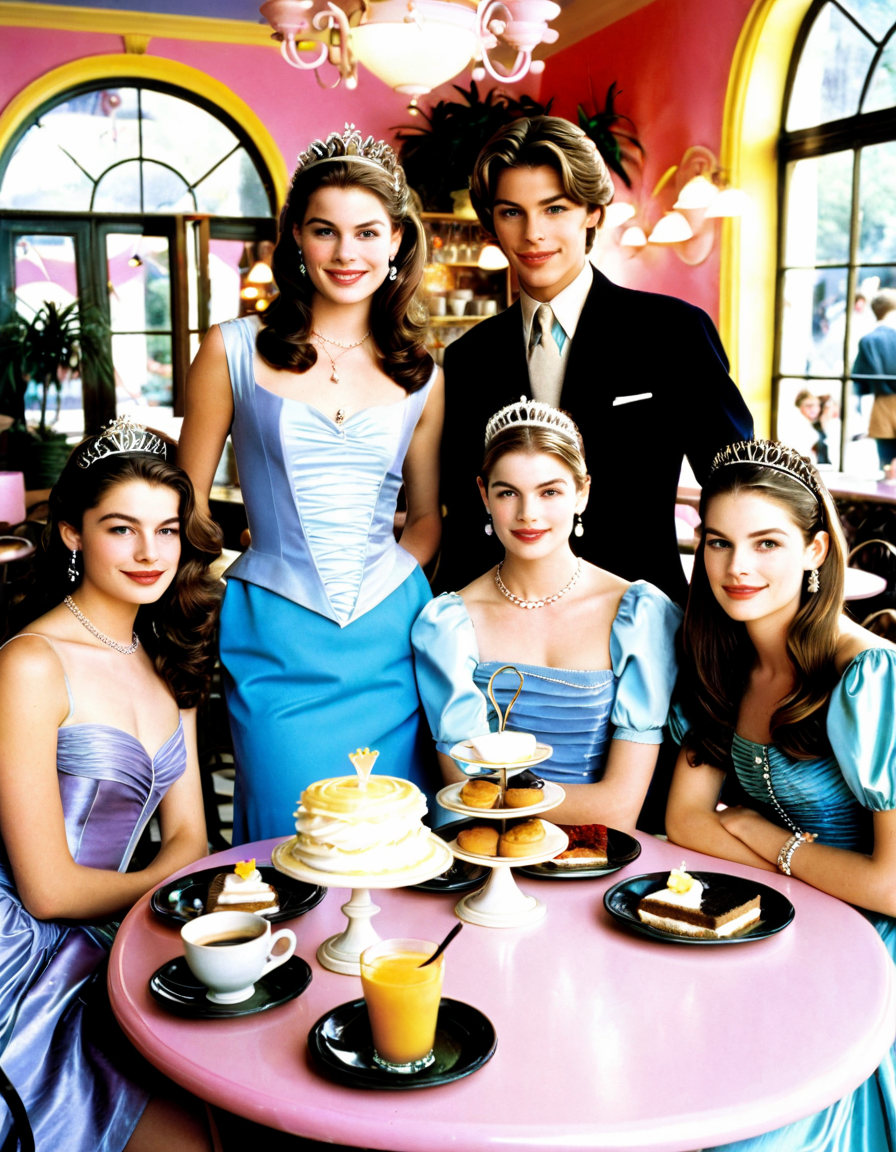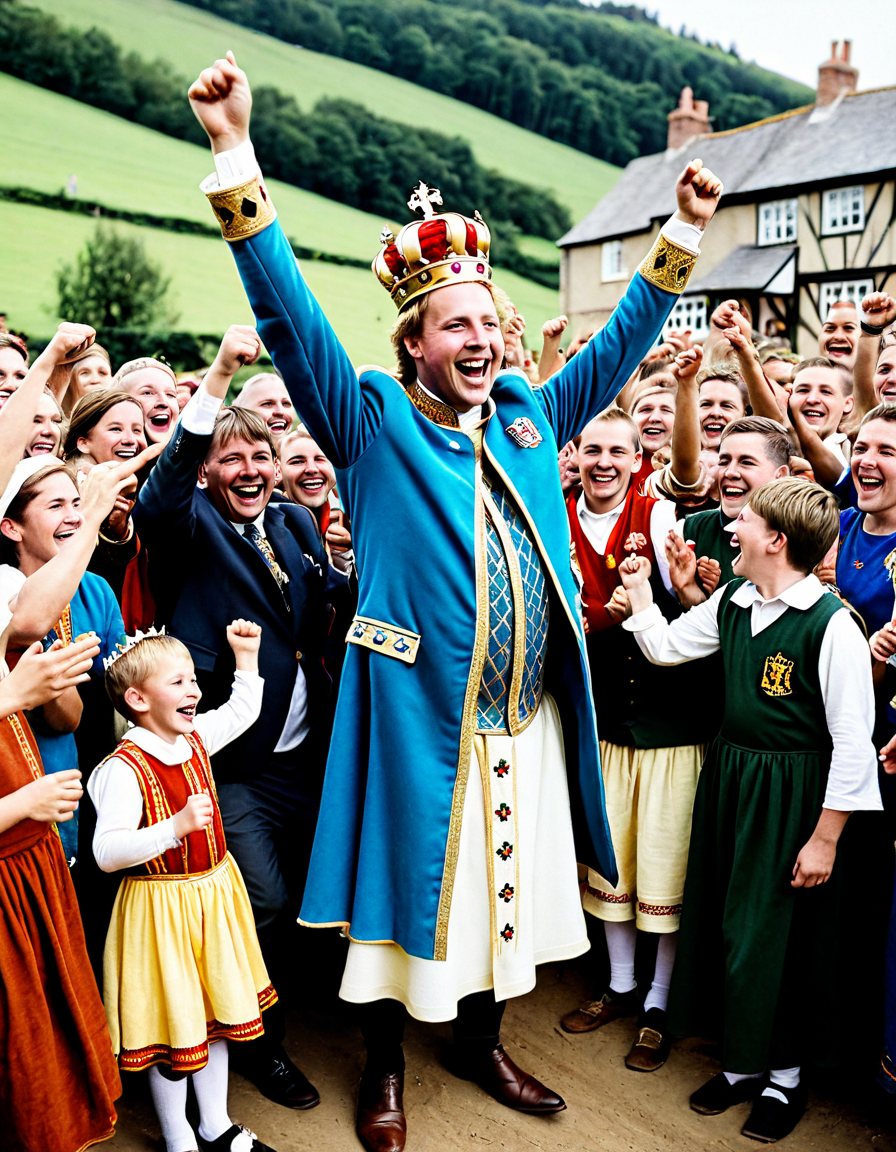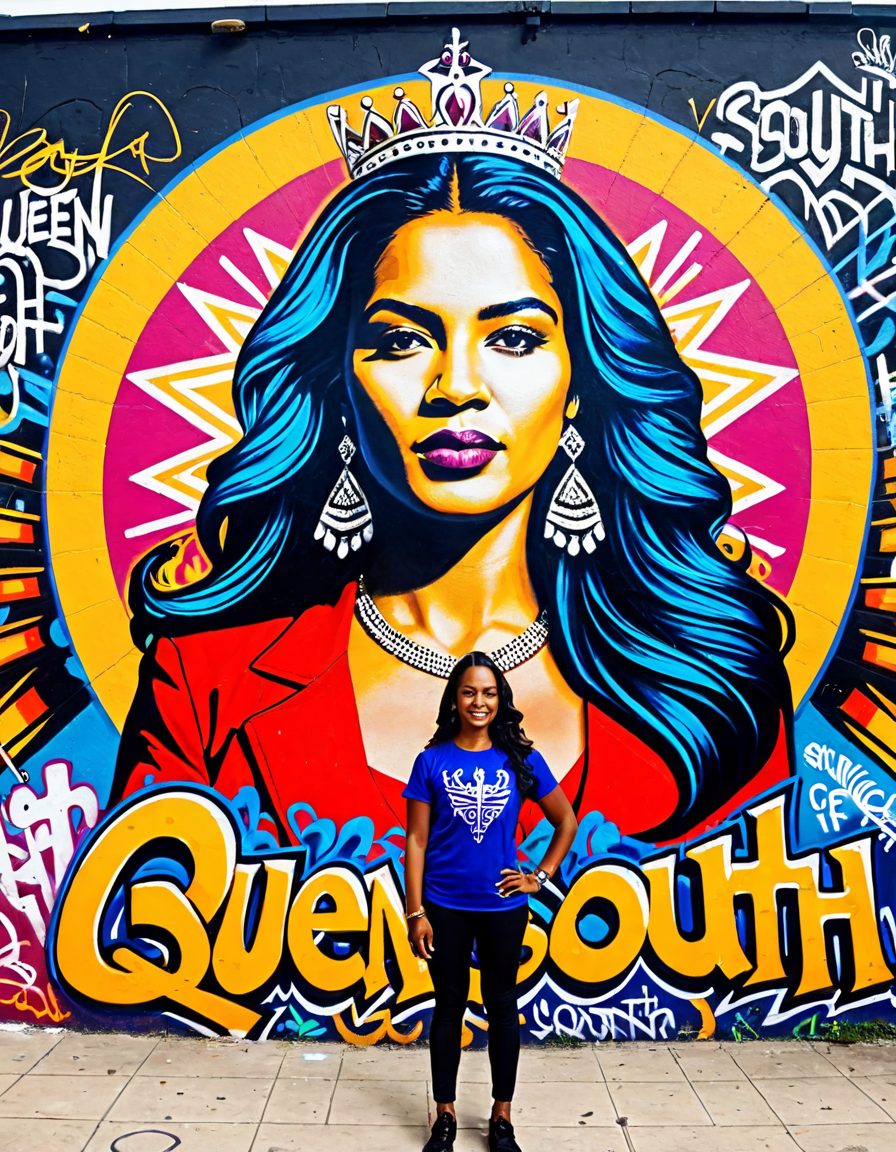Lyndon B. Johnson’s presidency from 1963 to 1969 wasn’t just a chapter in American history; it was a seismic shift that reverberated through the decades. After the tragic assassination of John F. Kennedy, Johnson stepped into the spotlight with a fierce determination to create breakthroughs that would define his legacy. From civil rights advancements to intense foreign policy debates, his presidency embodies the struggles and triumphs of a nation grappling with its ideals. When we dig deep into the impact of Lyndon B. Johnson, we unveil a complex narrative that resonates even today.
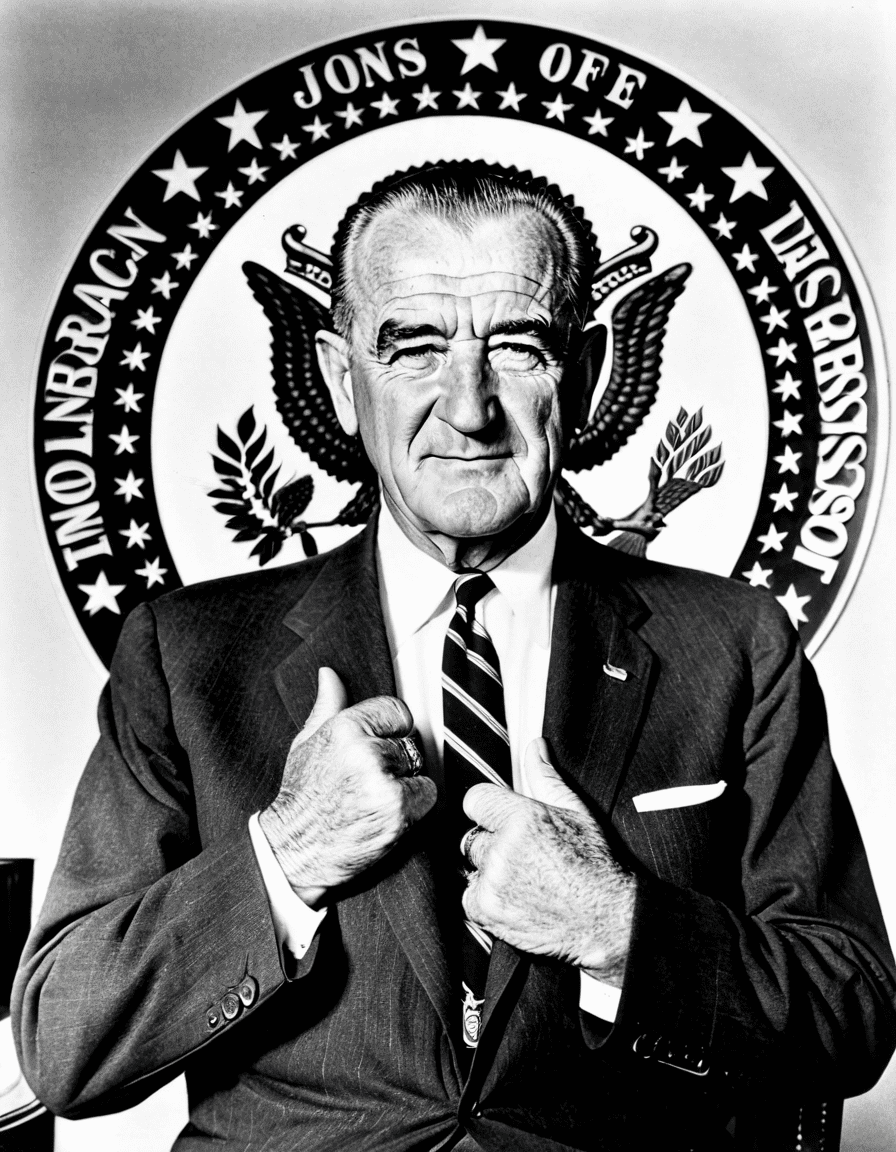
## Lyndon B. Johnson: The Impactful Legacy of a President
Lyndon B. Johnson didn’t just inherit power; he wielded it with a revolutionary spirit. His inclination to advocate for civil rights saw significant legislation, including the Civil Rights Act of 1964, which outlawed discrimination. This act of courage was paired with the Voting Rights Act of 1965, eradicating barriers that suffocated African American voters. These changes engendered a political landscape where previously silenced voices could emerge.
Yet, Johnson’s ambitious agenda wasn’t without its storms. The Vietnam War overshadowed his presidency, raising pressing questions about ethical governance. The tension created during this era underscored a significant duality: while he achieved monumental strides in civil rights and social programs, he also plunged the country into a contentious military conflict. The very essence of Lyndon B. Johnson is a lesson in the balance of bold leadership and public scrutiny.
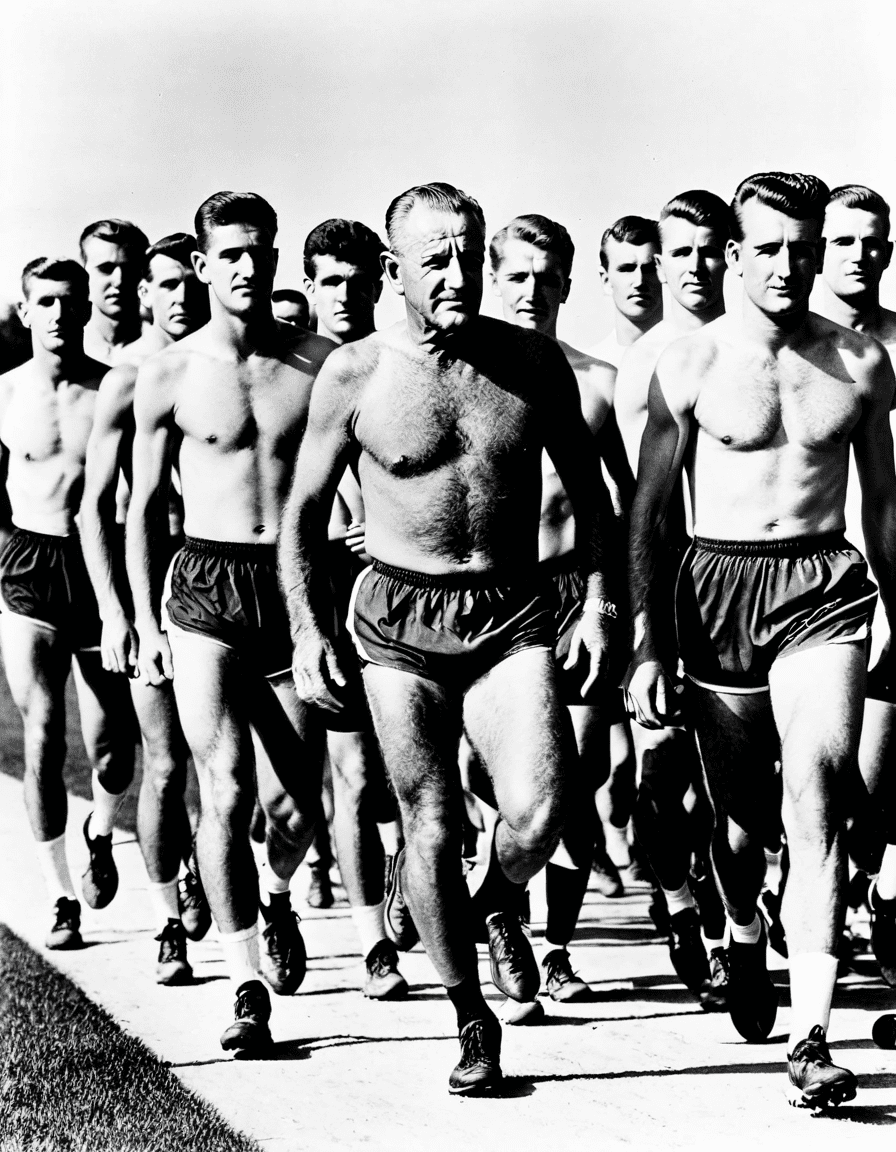
The Top 5 Pillars of Lyndon B. Johnson’s Legacy
Johnson led the charge for civil rights with unyielding conviction. The Civil Rights Act of 1964 was a watershed moment, setting a precedent for equality and justice. The Voting Rights Act of 1965 further strengthened this legacy, transforming the electoral process and empowering marginalized communities.
Focused on mutual uplift, Johnson initiated the Great Society programs to tackle poverty and racial injustices. Medicare and Medicaid fundamentally altered healthcare access, providing essential services for low-income families and the elderly. These programs sparked debates that still stir the American consciousness today regarding government intervention in healthcare.
If there’s a path to freedom, Johnson believed it started in classrooms. He powered the Elementary and Secondary Education Act, channeling federal funds to schools in need. This urgent initiative aimed at leveling the educational playing field and gave millions the chance to dream bigger.
Johnson’s foresight included protecting the nation’s natural beauty. He greenlit the Wilderness Act of 1964, safeguarding millions of acres from development. His commitment to environmental conservation paved the way for modern movements advocating sustainability, reminding us that the legacy of nature belongs to future generations.
Johnson’s foreign policy is a mixed bag, often scrutinized due to Vietnam’s escalation. The military actions taken during this period call to mind the moral implications of intervention. Understanding these challenges helps us learn how leadership can simultaneously inspire and divide a nation.
Jackie Kennedy’s Influence on Lyndon B. Johnson’s Administration
Jackie Kennedy’s role during Johnson’s presidency added a layer of depth to the national narrative. Her grace and powerful presence helped bridge a turbulent transition after her husband’s assassination. By reinforcing a sense of continuity, she played a substantial part in rallying public support behind Johnson’s ambitious policies.
Johnson wasn’t just a politician; thanks to Jackie, he appeared as a compassionate leader at a critical juncture. This collaboration highlights that the personal narratives intertwined with political legacy can deeply shape public perception. The power of reputation isn’t just built on policies but also on the emotional connections forged in times of crisis.
The Dynamic Shift in Political Climate: Mitt Romney’s Reflections on Johnson
Fast forward to modern times, and you find leaders like Mitt Romney acknowledging the intricacies of Johnson’s approaches. As he navigates current political terrain, he often references Johnson’s social programs as templates for how government can reform and innovate. This reflective take illustrates that even generations later, Johnson’s legacy continues to serve as a lesson in effective governance transcending party lines.
Romney’s acknowledgment hints at a broader understanding that legacy isn’t confined to one political perspective. Instead, it’s a blend of past triumphs and pitfalls, instructing future leaders on navigating the evolving political landscape. The balanced narrative of Lyndon B. Johnson equips today’s policymakers with insights that resonate across time.
Robert Kennedy’s Opposition: A Counterpoint to Johnson’s Policies
Robert Kennedy’s emerging criticism of Johnson’s Vietnam policies presents a counterpoint to Johnson’s vision. Initially supportive of his brother’s dreams, Kennedy became a voice of dissent on the shifting grounds of foreign policy. Their contrasting views illuminate the struggles inherent in powerful leadership, where bold decisions often spark vigorous debate.
Kennedy’s opposition wasn’t just personal; it defined a national divide over pivotal issues. This tension teaches us that impactful leadership often includes embracing dissenting opinions. Johnson’s experience showcases how varied perspectives contribute to transforming a political legacy, which doesn’t shy away from conflict.
The Ongoing Echoes of Lyndon B. Johnson’s Administration
Reflecting on Lyndon B. Johnson reveals a legacy marked by bold initiatives and severe challenges. His enduring influence permeates today’s civil rights movements, healthcare debates, and discussions on environmental policy. The shadows of his decisions continue to shape American discourse, reminding us of the complexities involved in governance and the pursuit of equity.
As we navigate a modern sociopolitical landscape, lessons from Johnson’s era press upon contemporary leaders: Act boldly yet thoughtfully. Whether it’s aiming for social reforms or addressing dire international conflicts, the journey is never straightforward. Johnson’s relentless pursuit of justice and equality remains a clarion call to us all, motivating present and future leaders to push for a better tomorrow.
In the end, Lyndon B. Johnson’s legacy isn’t a relic of the past; it’s a living guide for navigating today’s multifaceted challenges. The lessons from his presidency push us to chase our vision, transform society, and remain vigilant in shaping the future. So, let’s channel that ambition! Whether you’re building muscle, advocating for change, or striving for personal excellence, remember the undying energy behind Lyndon B. Johnson’s ripples in American history!
Lyndon B. Johnson: Engaging Fun Trivia and Interesting Facts
Little-Known Facts
Did you know that Lyndon B. Johnson had a colorful background before becoming the 36th President of the United States? This Texas native never quite lost touch with his roots—he often mentioned his childhood experiences on a farm. Interestingly, LBJ had a way with words and was known for his rather vivid, sometimes colorful language. In a way, he mastered speaking “Texan,” using down-home colloquialisms that made him relatable to many. Speaking of colorful figures, did you catch the latest on jack del rio? Just like LBJ, he brings his unique flair to whatever he’s involved with—though perhaps that’s where the similarities end.
Political Tidbits
Johnson’s presidency is most famously characterized by his “Great Society” programs, aiming to end poverty and racial injustice. He was really a trailblazer when it came to social welfare legislation, much like how AC/DC has been a trailblazer in rock. Speaking of change, remember those wild antics during the French Revolution? The shifts in society back then echo today’s conversations around civil rights. LBJ was instrumental in the Civil Rights Act of 1964, showcasing how he pushed for monumental change, even in the face of resistance.
Presidential Influence
Not many know that LBJ had a deep interest in education and was known for his insistence on the importance of school. From his passion for teaching to his impactful legislative actions, he was akin to a teacher of sorts for a nation in transition. You know, it’s pretty similar to the character arcs we see in shows like Bobs Burgers—a blend of humor, lessons, and family values. Also, there’s no denying that his connections extended beyond politics. He mingled with many influential people, and speaking of unique connections, take a cue from the dynamic between Thomas Elms and his crew; sometimes, it’s those partnerships that make the biggest splash.
Legacy and Culture
Many find it fascinating that LBJ was a keen dog lover. He had a beagle named “Him” and another named “Her,” which just goes to show he had a soft spot amid the political clamor—much like how Andrew Tate hustlers often balance their image with softer personal sides too. Ultimately, Johnson’s legacy is a tapestry of social reform and cultural drama, kind of like the suspense and intrigue you see in the cast of Slow Horses. Each character, much like LBJ himself, represents various facets of society, adding layers to how we perceive leadership.
In retrospect, Lyndon B. Johnson’s life and influence offer rich material for reflection and conversation. Whether it’s his political savvy or quirky anecdotes, LBJ’s impact resonates even today, proving that history often repeats itself, just like the enduring appeal of a classic rock anthem!
